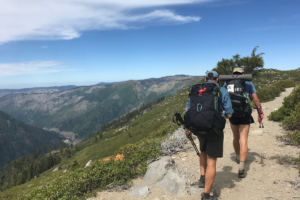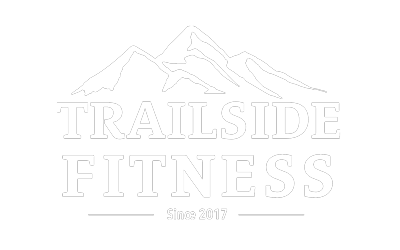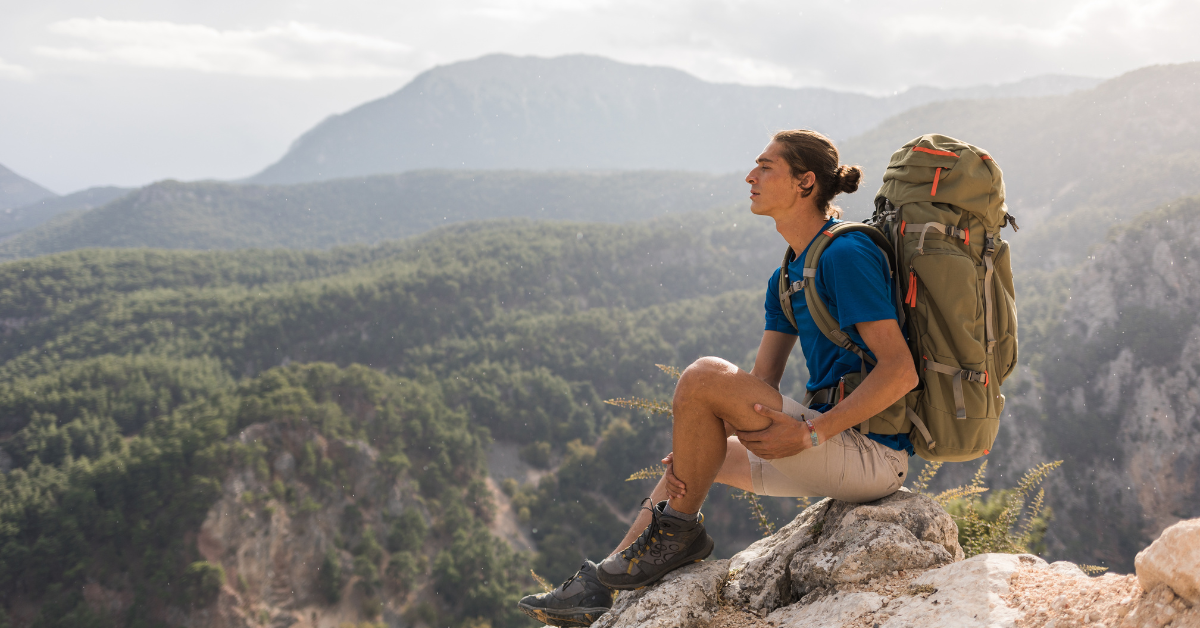Symptoms Of Over Training While Hiking
Overtraining happens when the intensity and volume of exercise exceed your recovery capacity. It leaves you feeling fatigued and run down physically and mentally. However, there are a few ways you can reduce your risk of overtraining: rest, better nutrition, and training beforehand.
What Causes Overtraining
The physical nature of long-distance hiking starts to add up quickly. The stress applied to the body that isn’t used to carrying a 30lb backpack, hiking 20+ miles with over 8000 feet of elevation change per day can be harsh. You might notice any number of physical or emotional changes, such as:
- Persistent muscle soreness
- Increased susceptibility to infections
- Increase in injuries
- Irritability
- Loss of motivation
- Disturbed sleeping
- Decreased appetite
So, how do you better manage these symptoms of overtraining? Let’s look at a few actionable tips to implement trail-friendly self-care to ensure longevity and avoid injury.
 Prevention
Prevention
Rest Days
The most easily done is hiking on shorter days. Enjoy this gift to yourself and slow down unless you need to be done by a specific date. I always enjoyed getting to camp, which was around 4-5 p.m. each day. That gave me plenty of time to relax, stretch, eat, and enjoy where I was. Remember, it’s not about the miles!
Take a zero day, or rest day. For me, I learned that I needed one every 10-14 days regardless of mileage or terrain difficulty. Listen to your body and stress less about getting the miles. Who doesn’t love a town day, anyway?
Self Care
Spending time performing self-massage on feet, calf muscles, and upper legs at the end of the day also helps the body recover. It promotes blood flow and healing, plus it feels good. I had two routines that I would fall back on regularly on my Pacific Crest Trail Hike. For me, the routines covered all of my trouble spots, but you might need so substitute or add in something more specific to you. Here’s the ultimate self care program for hikes.
Rest Stop Recovery – this is great for snack breaks and to help you feel better for the miles ahead. I’d do this routine multiple times per day when I’d stop to rest.
In Camp Recovery – a more comprehensive routine than the rest stop version, the in camp routine is a great way to wind down each day. Performing the in camp recovery was a great way to spend time while my food was cooking in the evening. The self care actions you perform daily have a compound effect; don’t overlook this easy way of caring for your body.
Eat Healthier
Nutrition and rest are the keys to getting back on track. That being said, bring healthy foods with you! Spinach, sprouts, and vegetables cans easily last for days in your pack. If that’s not a good option for you, focus on eating healthy when you’re in town. You’ll still have plenty of appetite for the less healthy foods so prioritize greens, vegetables and fruit when they are available.
Updated 5/23/2024


Recent Comments